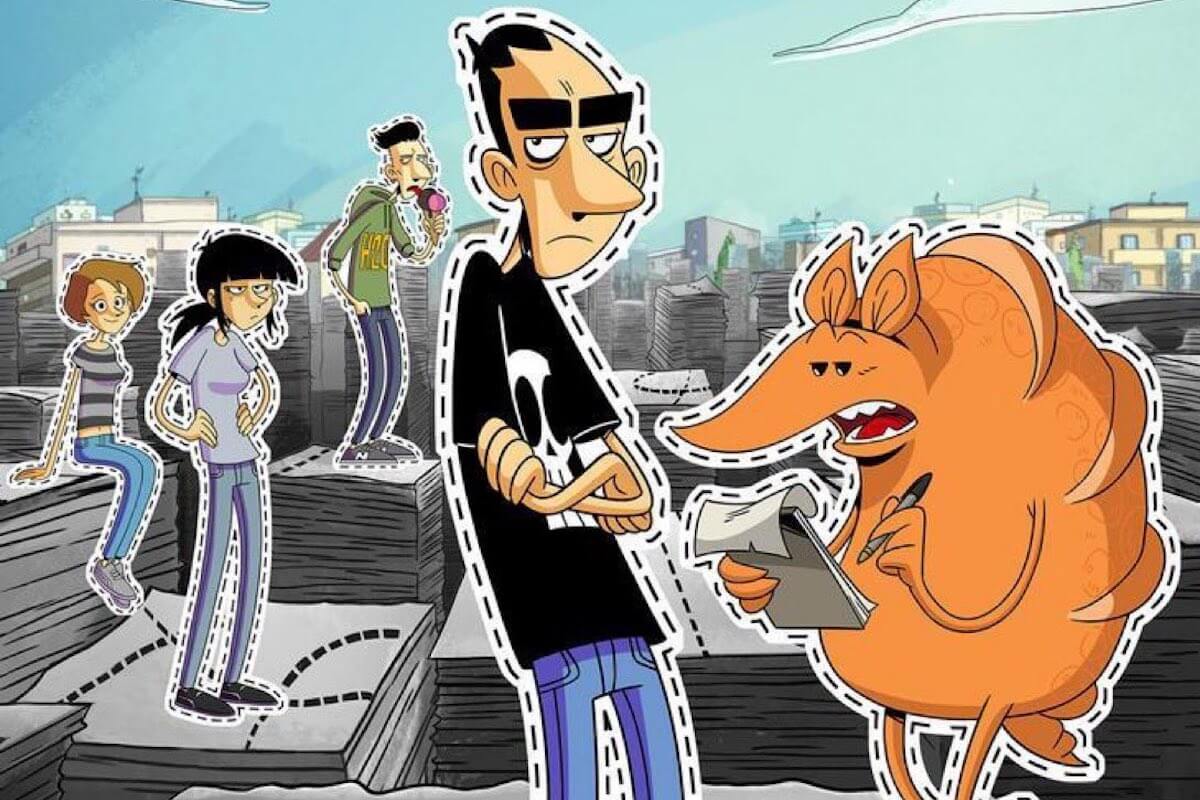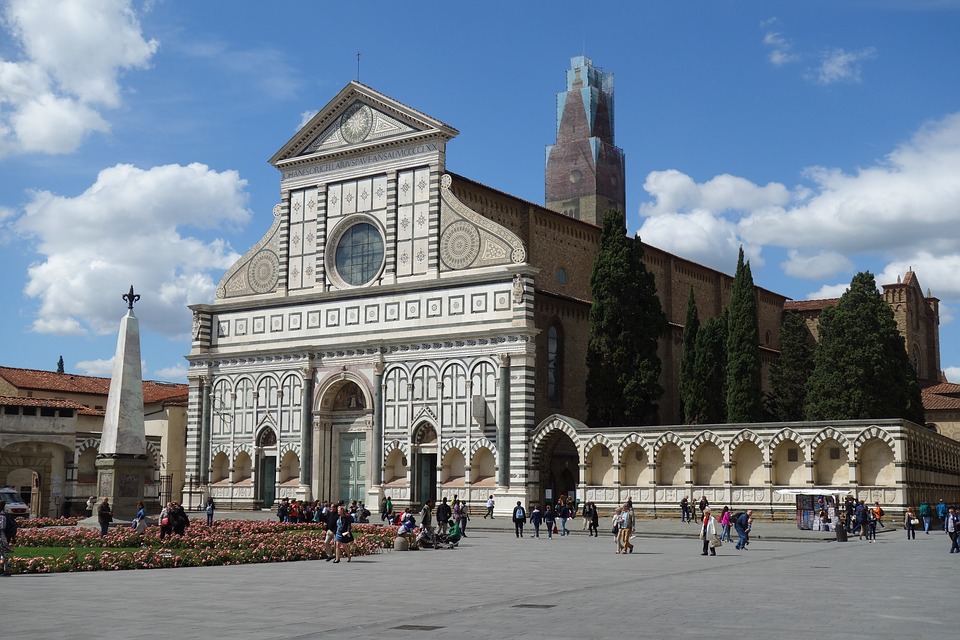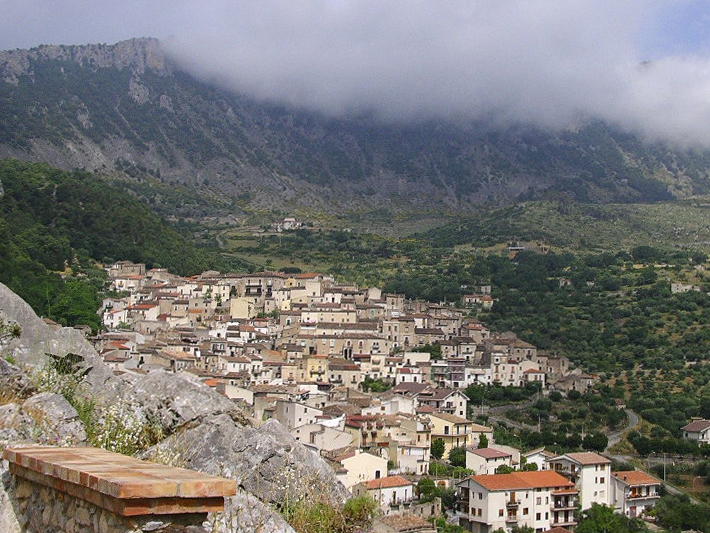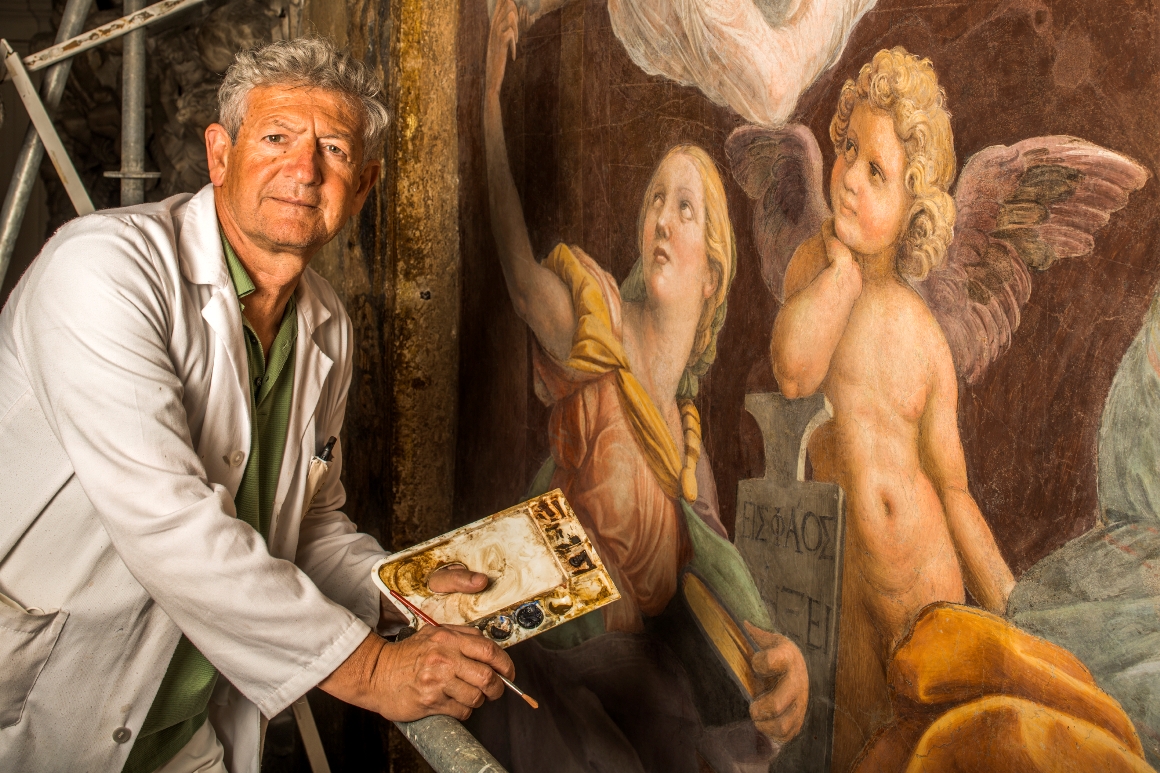After La felicità sul comodino – Happiness on the nightstand – the director and psychotherapist Alberto Simone returns to the library with Ogni giorno un miracolo – Imparare l’arte di amare la vita – Every day a miracle – Learn the art to love life -, published by Tea. Simone confirms his knowledge of the human soul, tackles issues that concern everyone’s life, issues that should not be ignored or underestimated.
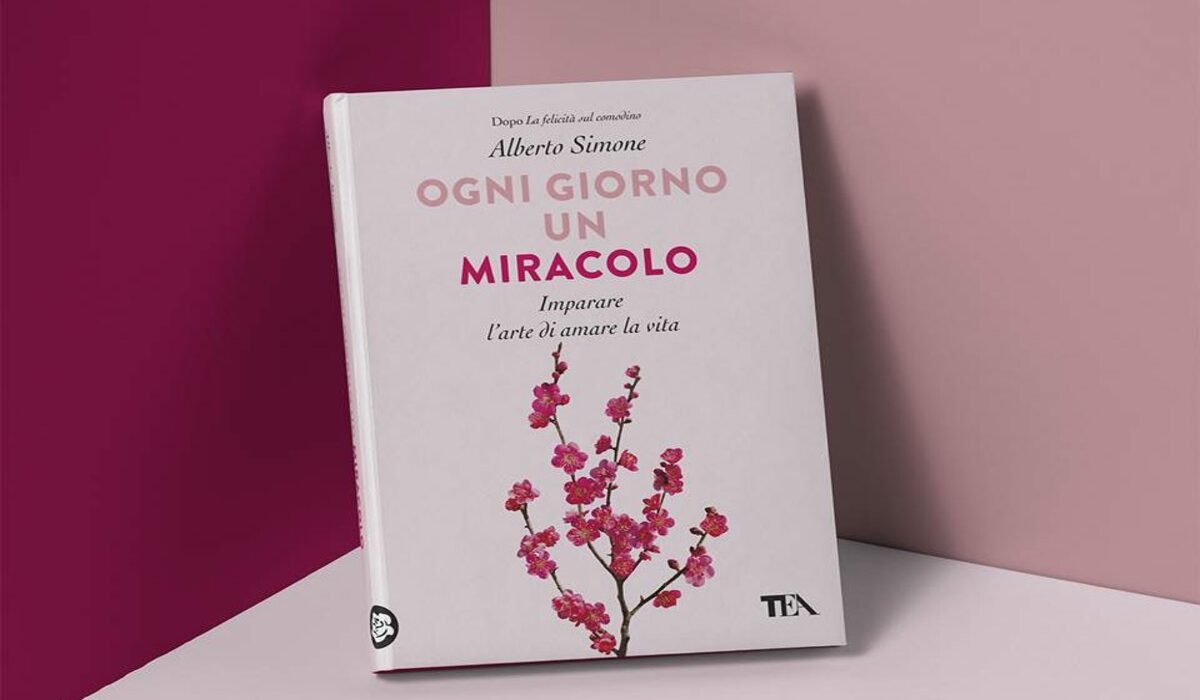
Ogni giorno un miracolo just radiates sunshine, positivity, invites us to evolve, to change ourselves to change the world. A reading to be treasured to (re) fall in love with life. The chapters flow easily, each one faces a different theme and is colored by anecdotes, reflections, personal testimonies.
It will be easy for the reader to identify with the sensations described. Because they are threads of a plot that page after page we find to be the love story (more or less troubled) that each of us has towards life: a miracle of which we experience. And Simone talks about it in this exclusive interview.
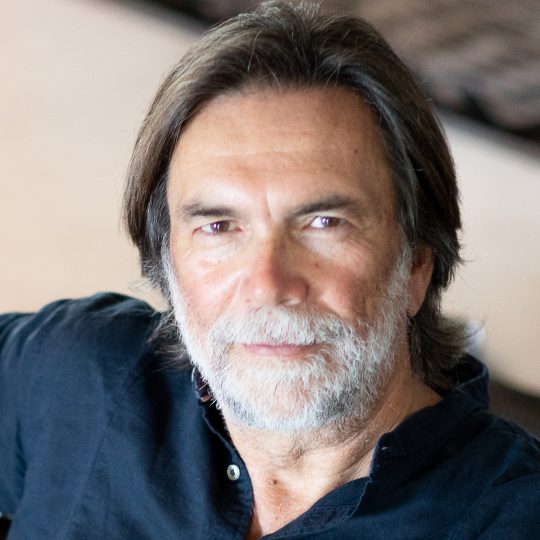
In the historical period we are experiencing, how important is inner dialogue with ourselves?
We know a lot about the world around us, but our inner world is the most unexplored of landscapes. Yet it is precisely in the inner dimension that we live. And it is there that the vast majority of our life takes place, even if we are immersed in a physical dimension and in a world made of concrete things. Ever since we wake up in the morning we live in the company of our thoughts and above all our emotions, immaterial and intangible realities, invisible to the senses, but very powerful in determining our perception of the external world, guiding our decisions and our behaviors, determining the quality of our relationships and even our state of health. In a world dominated by materialism, come back to know how we work and take care of our interiority will be the next challenge for mankind.
Is life a miracle or is the miracle itself life?
All that we are and that surrounds us is a miracle. The etymology of the term comes from the Latin “mirabilis”, a wonderful thing. And wonder is our spontaneous reaction to what we see but don’t understand. As far as how many things we can know, those we do not know or for which we do not have an explanation are still infinite. Faced with the mystery of a regulated and ordered universe, we have no other possible reaction than to feel wonder and amazement, together with the gratitude to be part of it. When we consider all this as an acquired and taken for granted fact we lose the possibility of appreciating its power and being able to enjoy it.
How can we free ourselves from the tendency to judge and, rather, recover empathic abilities?
Judging creates separation. There is no benefit from it, except the illusion of an alleged condition of superiority. American Indian say that before judging someone, you must have walked in their shoes for quite some time. We have better ways to understand each other.
In your book you tell us how sadly most of the world’s population suffers from depression. How much the use of new technologies, especially social networks, determines the growth of this phenomenon?
Technological progress stems from the need to have tools that make life easier. It always depends on the use we make of it. It often becomes an abuse when it alienates us from real life and when we replace authentic relationships with virtual relationships. No social network can ever replace a hug and less than ever a kiss. But depression has more complex causes and affects us when we are no longer able to give meaning and direction to our lives. It happens after an important loss, of a person or an occupation or even just of a professional or social position that was the foundation of our identity. Then there is a hormonal response that engages automatically and it corresponds to the repeated production of certain thoughts and assessments about ourselves, about others, about reality, which makes us feel even worse. Depressed people have an insufficient production of serotonin, dopamine, oxytocin and other endorphins, all hormones that are activated in a condition of safety, sense of belonging and sharing.
What does the dimension of the here and now you talk about in your book mean to you? How can it be made concrete?
The moment we understand that past and future can exist only in our mind. Eastern people compare the mind to a monkey that constantly jumps between two branches, the past and the future. Stopping the monkey is like stopping the mind in its projective activities, often useless and stressful activities, in order to be able to appreciate what we are actually experiencing.
How much has your passion for oriental philosophies helped you in writing this book?
Eastern philosophies, like all knowledge, represent a great wealth available to all humanity. They are perhaps the oldest and most organized knowledge in an attempt to know and explain reality. But they are also rich in practical knowledge and teachings. For me they are a continuous source of inspiration. In my books, however, I draw on every form of knowledge, from psychology, to quantum physics, from biology to religions. We have an immense “book” that can help us get to know each other better, but above all to face negative experiences and adversities that we are called to go through in life. As much as we don’t like them, certain experiences are inevitable. Sooner or later all of us have to go through different forms of suffering, disease, separation or mourning. Knowledges help us to do it in the best way, even managing to grow as human beings and find ourselves even better.
A last question. What should never be missing in the existential baggage of an individual in your opinion?
Introspective ability is very important to live the many experiences that the journey of life offers us with awareness. But certainly everything can be supported with the ability to love yourself and love others. It is an art but is often not innate and sometimes is distorted precisely by the need we have to be loved, supported and accepted. But if we are not the first to love oursleves and respect our nature, no authentic love can ever reach us.




